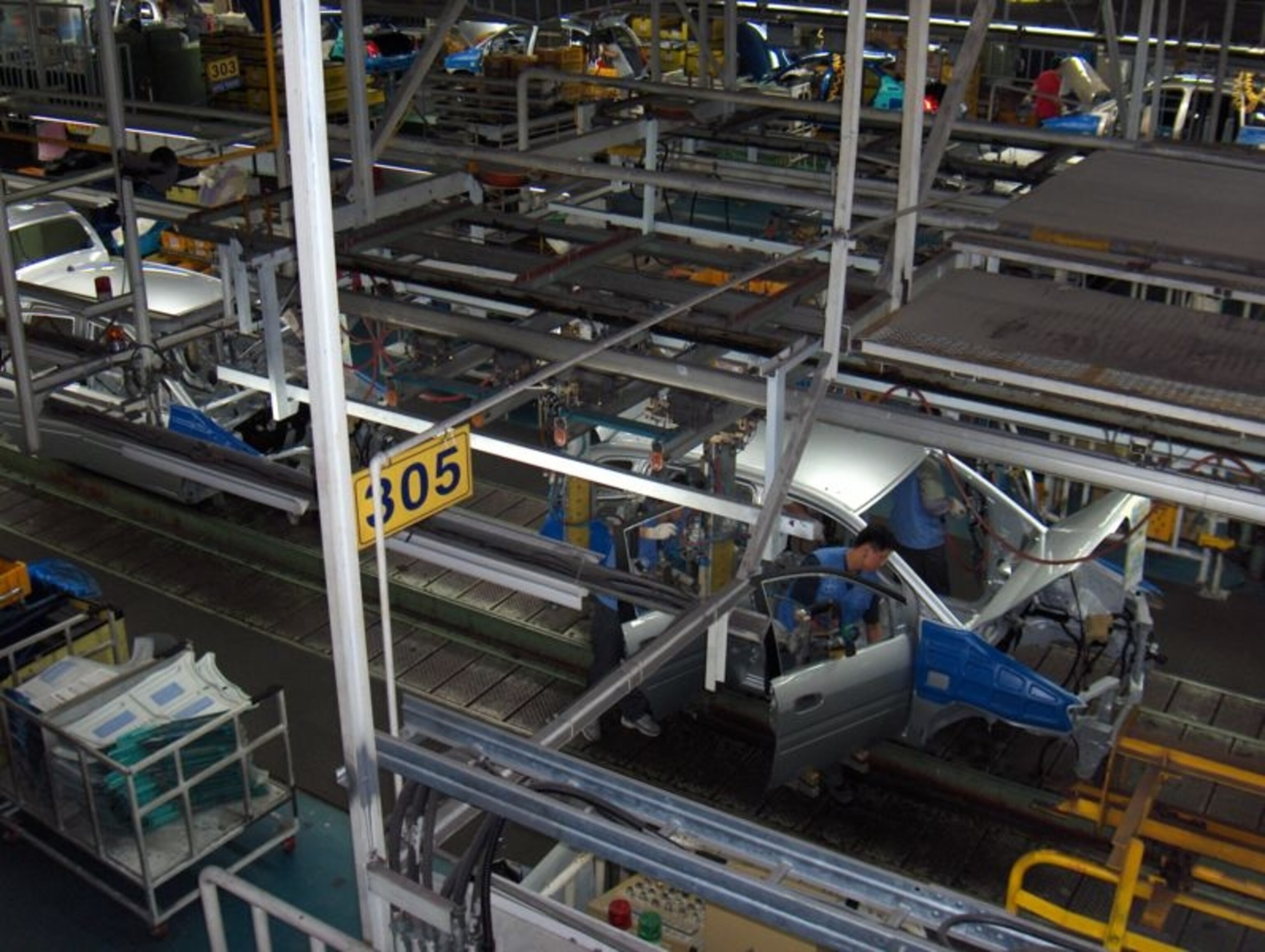No less an authority than the International Energy Agency says the world could cut the fuel used for road transport in half over the next 40 years. The question is whether anyone is willing to do the work needed to get there.
Fully one-fifth of all energy use worldwide is for transportation, and transportation is primarily about oil. In fact the IEA calculates almost all the projected growth in petroleum use in the world is going to come from transportation.
(Related Photos: “Cars That Fired Our Love-Hate Relationship With Fuel“)
The good news, according to a pair of new reports from the IEA, is that the technology needed to produce more fuel-efficient vehicles is already available and cost-effective. Most developed nations and China already have fuel efficiency standards in place as well. Under the Obama administration, the United States has raised fuel efficiency standards, but the new regulations have drawn fire from Republican candidate Mitt Romney, who has called them “extreme,” and from auto dealers who worry they will raise car prices and discourage potential buyers. Overall, the United States has been a laggard on fuel standards over the years, but in some specific areas, our standards are higher than anywhere else).
The bad news, however, is in the developing world. Most developing nations are lagging behind in fuel efficiency – and this is where energy use is going to explode in the next few decades. Since upgrading existing vehicles is nearly impossible, the IEA argues that governments should focus on changing efficiency in new vehicles. But the IEA says that means getting new government policies in place, ideally within the next five or ten years, including:
- requiring vehicles to be labeled on their fuel economy and carbon emissions;
- setting fuel economy and carbon emission standards;
- and using tax incentives, vehicle taxes and fuel taxes to encourage efficiency.
Again, most industrialized nations, including the United States, already have these things in place (whether they could be done better is another story). Many developing nations can’t or don’t enforce the rules they do have.
But this brings us back to the fundamental question surrounding all energy policy: are societies willing to make choices, and accept the inevitable tradeoffs that come with them?
In the U.S., for example, we’ve been willing to do some things: raise efficiency standards and provide tax credits for electric vehicles, although these changes have been controversial, and there are many calls for their repeal. Beyond this, any proposal to increase gas taxes, or raise the cost of driving, has proved to be a non-starter. The specific patterns of what’s politically acceptable and what’s not are going to be different from country to country. In nearly every case, as societies grow and become more fuel-hungry, there are going to be different deal-breakers.
(Related Photos: “Rare Look Inside Automakers’ Drive for 55 MPG“)
That’s because in nearly every case, on nearly every energy issue, there are going to be tradeoffs. Navigating those tradeoffs is the fundamental political challenge surrounding energy policy worldwide. And unless the world gets better at making those tradeoffs, we’re staying stuck in first gear.

